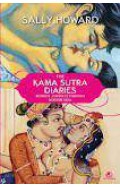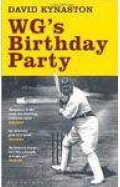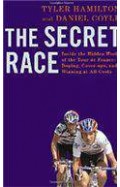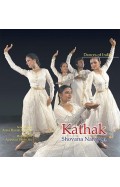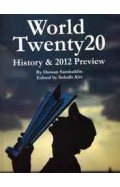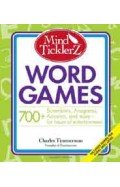Sahib Bibi Aur Ghulam: The Original Screenplay
By: Dinesh Raheja
-
Rs 450.00
- Rs 500.00
- 10%
You save Rs 50.00.
Due to constant currency fluctuation, prices are subject to change with or without notice.
Half a century after its release, the cinematic appeal of Sahib Bibi Aur Ghulam (1962) has not only endured but continues to grow. Central to its fame perhaps is the tour de force performance from Hindi cinema's foremost tragedienne, Meena Kumari, in the award-winning role of Chhoti Bahu, a woman defiantly struggling against a life of material privilege but personal desolation. Directed by the renowned writer, Abrar Alvi, Sahib Bibi Aur Ghulam, adapted from Bimal Mitra's eponymous Bengali novel, Shaheb Bibi Golam, intrepidly explores the layered relationship that develops between Chhoti Bahu, a neglected, cloistered housewife, and Bhootnath, her male confidante, against the backdrop of late 19th-century feudal Calcutta. The film addresses complex interpersonal relationships with a wealth of subtlety and grace and throws light upon the exigencies of life for those under the yoke of the zamindari system in British India.
Sahib Bibi Aur Ghulam: The Original Screenplay seeks to archive the screenplay of this seminal film. It also explores the behind-the-scenes processes of creative filmmaking through interviews with the film's cast and crew and incorporates analytical essays from authors Dinesh Raheja and Jitendra Kothari that bring into focus Guru Dutt's preoccupation with the themes of loss, longing and platonic friendships, and delineate his enduring fascination for bygone eras.
Half a century after its release, the cinematic appeal of Sahib Bibi Aur Ghulam (1962) has not only endured but continues to grow. Central to its fame perhaps is the tour de force performance from Hindi cinema's foremost tragedienne, Meena Kumari, in the award-winning role of Chhoti Bahu, a woman defiantly struggling against a life of material privilege but personal desolation. Directed by the renowned writer, Abrar Alvi, Sahib Bibi Aur Ghulam, adapted from Bimal Mitra's eponymous Bengali novel, Shaheb Bibi Golam, intrepidly explores the layered relationship that develops between Chhoti Bahu, a neglected, cloistered housewife, and Bhootnath, her male confidante, against the backdrop of late 19th-century feudal Calcutta. The film addresses complex interpersonal relationships with a wealth of subtlety and grace and throws light upon the exigencies of life for those under the yoke of the zamindari system in British India.
Sahib Bibi Aur Ghulam: The Original Screenplay seeks to archive the screenplay of this seminal film. It also explores the behind-the-scenes processes of creative filmmaking through interviews with the film's cast and crew and incorporates analytical essays from authors Dinesh Raheja and Jitendra Kothari that bring into focus Guru Dutt's preoccupation with the themes of loss, longing and platonic friendships, and delineate his enduring fascination for bygone eras.
Sahib Bibi Aur Ghulam: The Original Screenplay
By: Dinesh Raheja
Rs 450.00 Rs 500.00 Ex Tax :Rs 450.00
Zubin Mehta: A Musical Journey (An Authorized Biography)
By: VOID - Bakhtiar K. Dadabhoy
Rs 840.00 Rs 1,050.00 Ex Tax :Rs 840.00
The Secret Race Inside the Hidden World of the Tour de France DopingCoverupsand Winning at All Costs
By: Daniel Coyle
Rs 876.00 Rs 1,095.00 Ex Tax :Rs 876.00
The Greatest Show on Earth: Writings on Bollywood
By: Jerry Pinto
Rs 895.50 Rs 995.00 Ex Tax :Rs 895.50
World Twenty 20 History and 2012 Preview
By: Sohaib Alvi
Rs 2,000.00 Rs 2,500.00 Ex Tax :Rs 2,000.00
Mind Ticklerz Word Games: 700+ Scramblers Anagrams Acrostics and more for hours of entertainment -
By: Charles Timmerman
Rs 562.50 Rs 625.00 Ex Tax :Rs 562.50
No recently viewed books available at the moment.
Zubin Mehta: A Musical Journey (An Authorized Biography)
By: VOID - Bakhtiar K. Dadabhoy
Rs 840.00 Rs 1,050.00 Ex Tax :Rs 840.00
Sahib Bibi Aur Ghulam: The Original Screenplay
By: Dinesh Raheja
Rs 450.00 Rs 500.00 Ex Tax :Rs 450.00












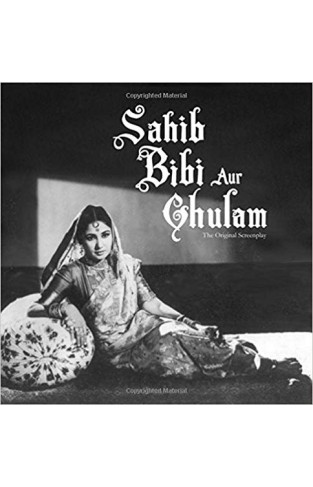
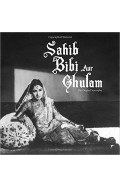
-120x187.jpg?q6)





